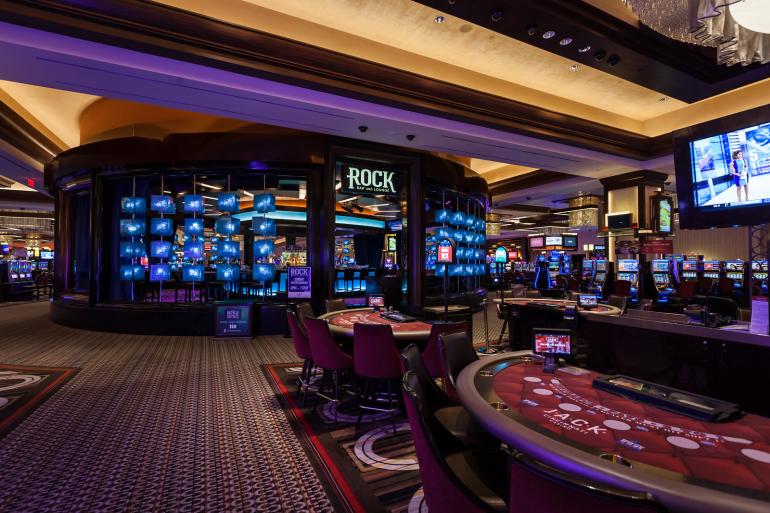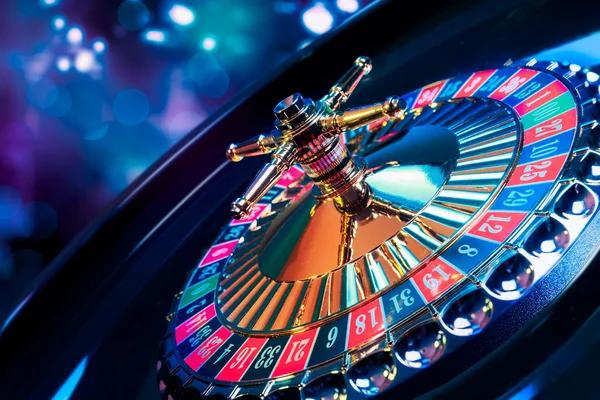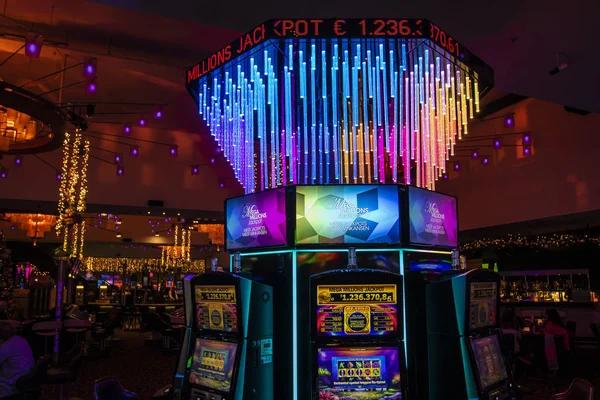The Hidden Costs of Gambling A Financial and Emotional Analysis

From casinos to online platforms, the allure of winning big can be enticing. However, what many fail to realize are the hidden costs associated with gambling – both financial and emotional. Firstly, let’s delve into the financial aspect. While some may argue that gambling is a way to make quick money, statistics show otherwise. The odds are always stacked against the player, ensuring that in the long run, they will lose more than they win. This means that individuals who engage in regular gambling activities often find themselves losing substantial amounts of money over time. Moreover, there are additional expenses beyond just placing bets or buying lottery tickets. Many gamblers fall into a cycle where they spend excessive amounts on transportation to casinos or online fees for virtual games. Additionally, those who become addicted to gambling may resort to borrowing money from friends or family members or even taking out loans with high-interest rates just to fuel their habit.
Furthermore, it is not uncommon for problem gamblers to experience severe financial consequences such as bankruptcy or foreclosure due to their inability to control their spending habits related to gambling activities. These hidden costs can have devastating effects on an individual’s overall financial well-being and stability. However, it is not only finances that suffer when one becomes entangled in excessive gambling; emotional health takes a toll as well. The thrill of winning can quickly turn into despair ยู ฟ้า bet when losses start piling up consistently. Gamblers often experience feelings of guilt and shame for squandering hard-earned money meant for other essential needs like bills or savings. Additionally, relationships tend to suffer greatly under the strain caused by problem gambling behavior. Family members may feel neglected as time spent at casinos replaces quality time together while trust issues arise due to broken promises regarding quitting or reducing gambling activities. Moreover, studies have shown a strong correlation between gambling addiction and mental health issues such as anxiety, depression, and even suicidal thoughts.
The constant stress of financial instability coupled with the emotional rollercoaster of wins and losses can lead to a downward spiral that is difficult to escape. In , while gambling may seem like harmless fun at first glance, it is crucial to recognize the hidden costs associated with this activity. Financially, individuals often find themselves losing more than they win due to unfavorable odds and excessive spending on transportation or loans. Emotionally, problem gamblers experience guilt, shame, strained relationships, and potential mental health issues. It is essential for individuals who engage in gambling activities to be aware of these hidden costs before they become entangled in a cycle that could have long-lasting negative effects on their lives. Seeking help from support groups or professional counseling services can provide guidance towards healthier alternatives for entertainment while avoiding the detrimental consequences associated with excessive gambling behavior. The Dark Side of Gambling Recognizing and Overcoming Addiction Gambling has been a popular form of entertainment for centuries, with people drawn to the thrill and excitement it offers.






